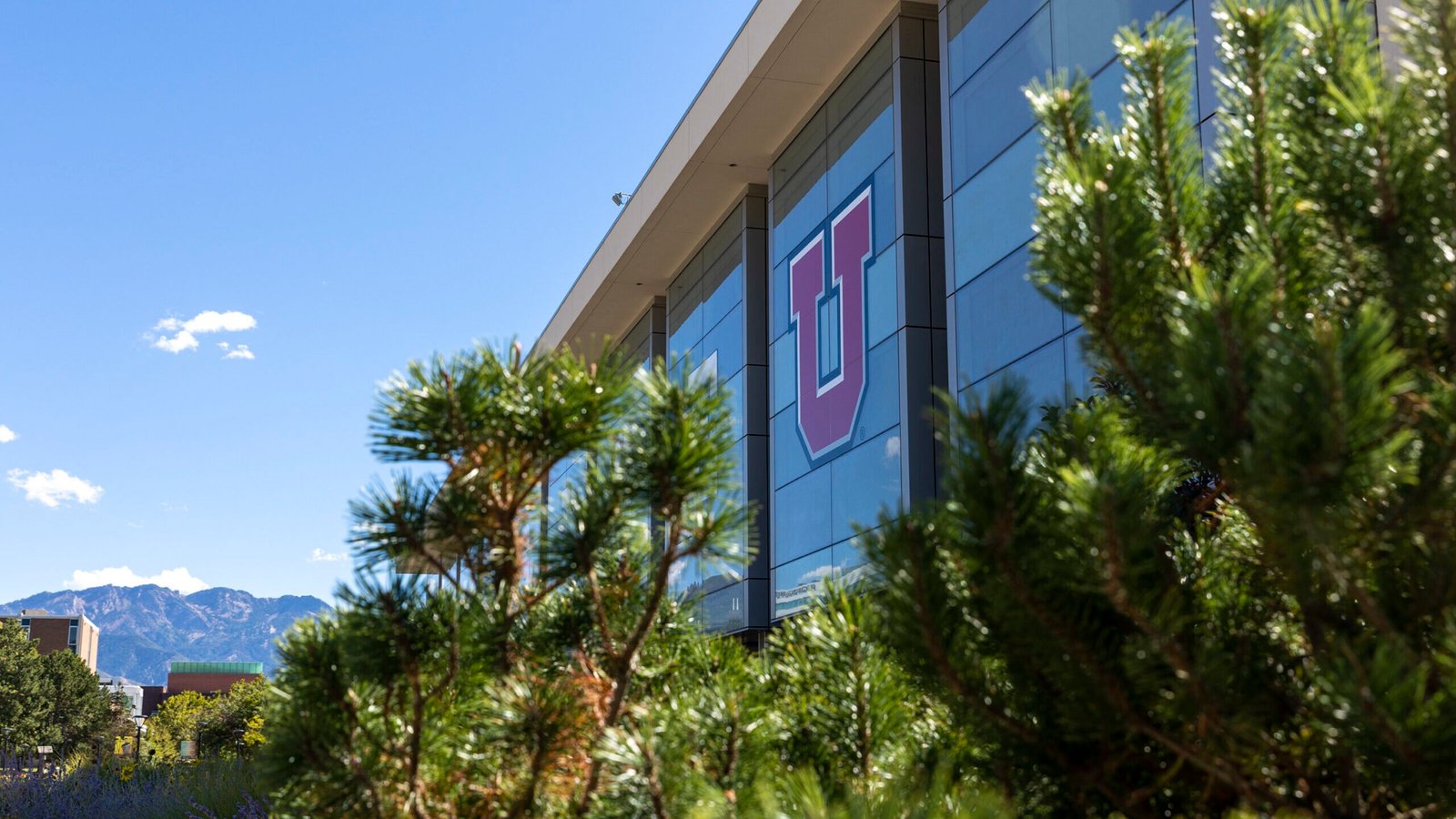SALT LAKE CITY — According to the University of Utah’s Kem C. Gardner Policy Institute, economic data shows that the completion of higher education benefits individuals and their communities.
“The evidence makes clear the promise of higher education to lift people and contribute to a better world,” said Taylor Randall, the University of Utah’s president.
Individual benefits
According to a policy brief authored by Melanie Bailey and Andrea Thomas Brandley, individuals who earn higher education degrees experience a better quality of life.
As someone completes advanced degrees, such as a master’s or PhD, they are less likely to experience poverty and unemployment.
Figure one of the policy brief reflected that in 2022, those with advanced degrees earned a median of $87,987 in Utah. Those holding a Bachelor’s Degree earned a median of $59, 740, and those who did not complete high school earned a median of $34,583.
The graph also displayed the median earnings for those who completed high school and those who completed an associate’s degree or some college.
The policy brief also said that students who have at least one family member with a postgraduate degree are more likely to attend and finish at least one university or college program.
Figure 4 reflected that 77.9% of those with both parents holding a bachelor’s degree also completed their postsecondary education. On the contrary, only 38% of those with neither parent possessing a bachelor’s degree finished postsecondary education.
The graph also reflected data for those with only one parent holding a postsecondary degree.
Postsecondary education is any education completed after high school graduation. It includes university and trade school programs.
Those who have completed more education experienced better health. Additionally, they reported higher rates of healthcare coverage than their counterparts.
Finally, the policy brief stated that those with a postgraduate degree reported more confidence in their future and increased happiness.
Higher education benefits on society
According to the policy brief, those who complete more education are more likely to participate in their community or vote.
Figure nine of the policy brief reflected that 46% of those with a degree volunteered in their community. Only 25% of those without a degree did the same in 2023.
Also, 78% of those who completed post-secondary education participated in elections. Only 53% of those who did not complete their education displayed participation.
The policy brief said that for every $1 the state spends on higher education, an estimated $3 is returned in the form of tax revenue. The revenue is generated through increased wages earned by those who completed postsecondary education.
Finally, those who complete postsecondary education are less likely to rely on public assistance.
Economical benefits
In addition to the benefits reaped by individuals and society, the economy also benefits from higher education.
Utah’s public higher education system supplied an estimated 130,000 jobs in 2023. It is one of the largest employers in the state, per the policy brief.
Utah’s research universities fuel innovation and bring in outside funding. According to the policy brief, they have led to the creation of new businesses, made field-changing discoveries, and impacted innovation.
Utah’s R1 research universities, the University of Utah and Utah State University, generate 82.6% of the $11.3 billion in contribution to Utah’s economy.
“At the University of Utah, we focus on student achievement knowing that our efforts will help increase our students’ lifetime earnings, enhance their economic mobility, and help them live happier, healthier, and more fulfilling lives,” said Randall.
Related:













